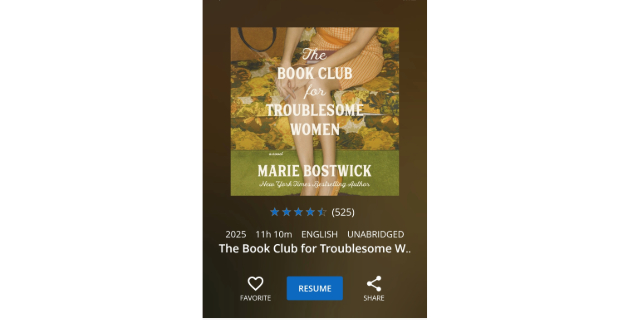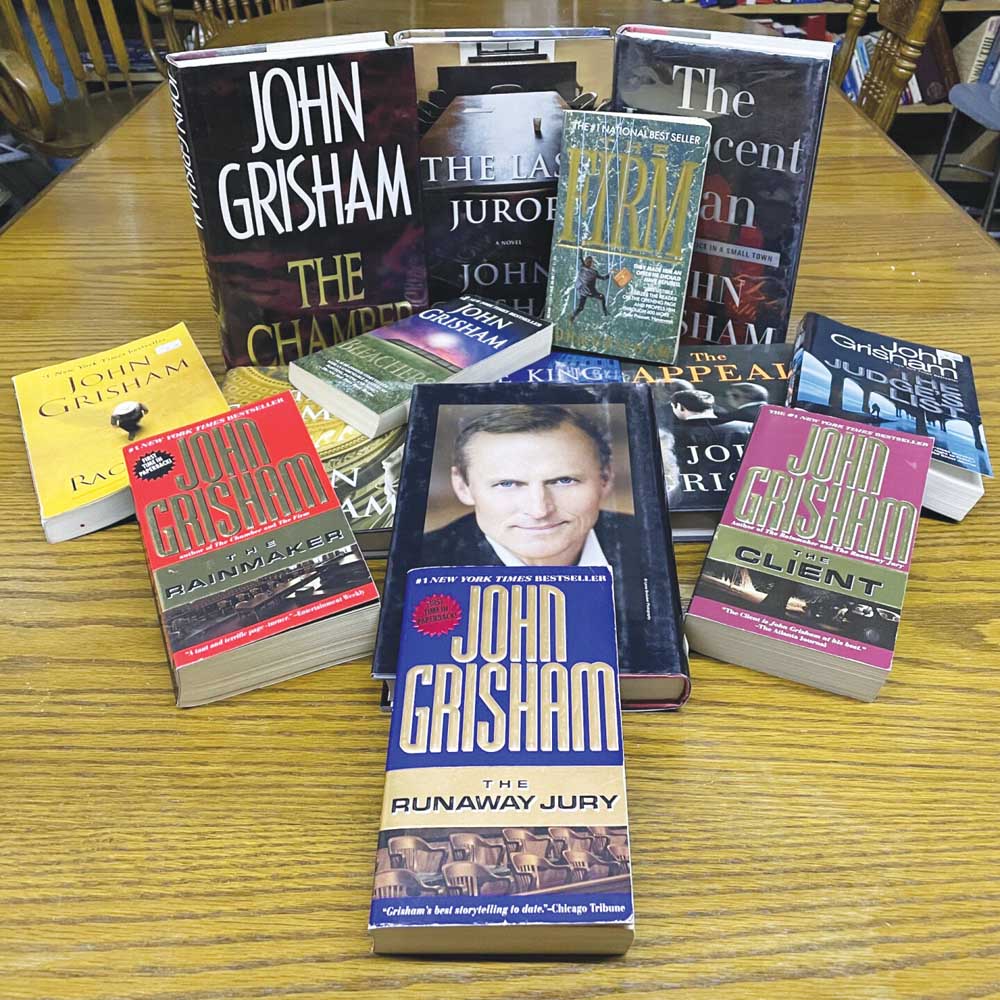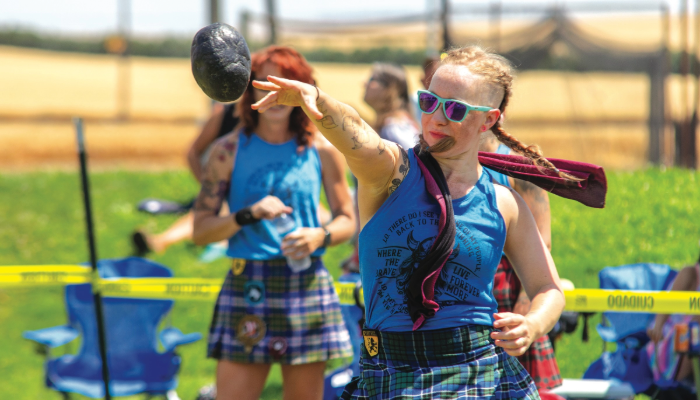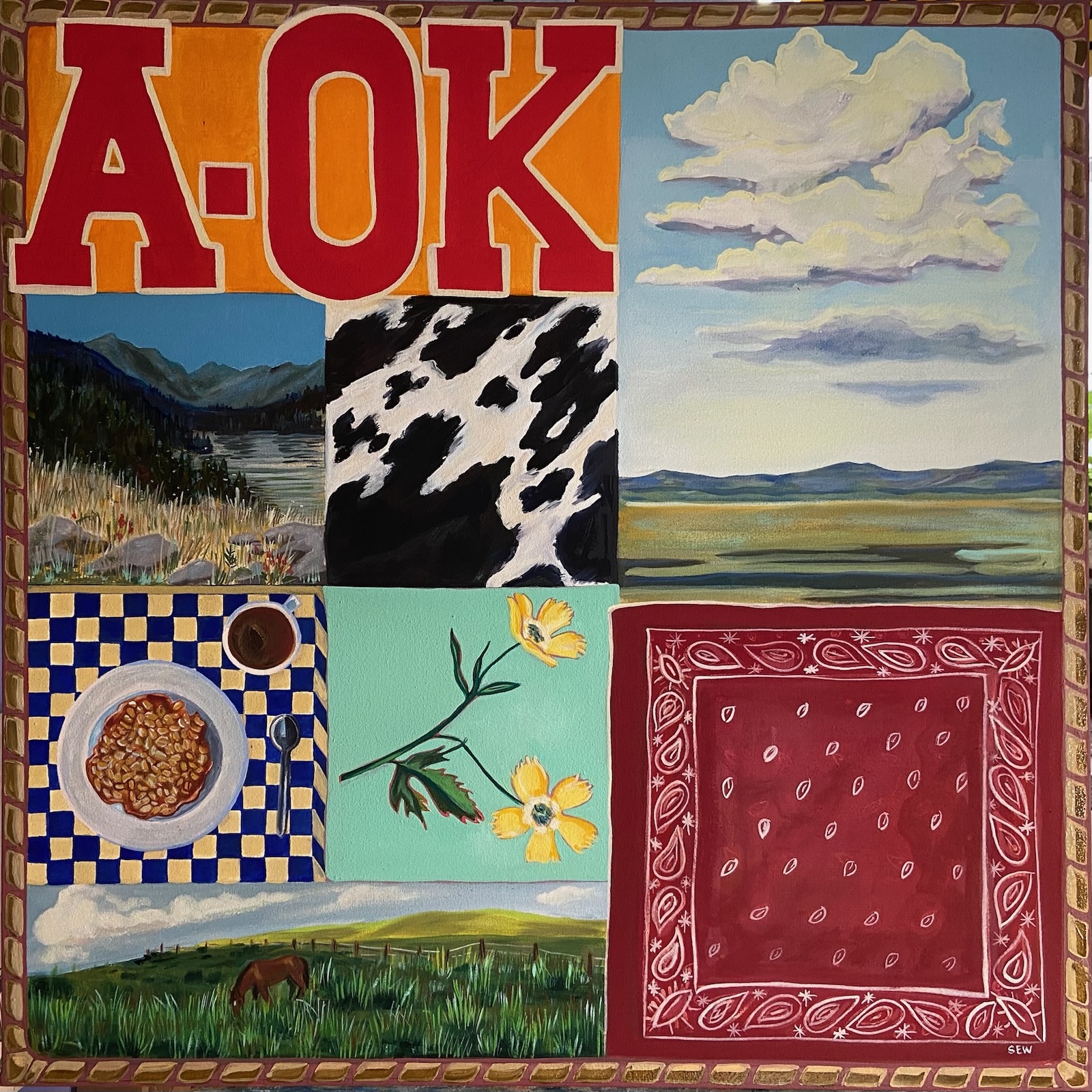‘The Book Club for Troublesome Women’
Published 7:00 am Tuesday, June 17, 2025

- (Lisa Britton/Screenshot)
I’ve written about book clubs a few times, and how my clubs encourage me to read books I may not otherwise pick up.
This story is not about a book club.
Not mine, at any rate.
Trending
I listen to audiobooks when I walk, and I recently downloaded “The Book Club for Troublesome Women” on Hoopla, a free service provided through the Baker County Library District.
The title caught my eye for several reasons. First, I love book clubs. Second, the phrase “troublesome women” made me smile because that usually means confident women who aren’t afraid to speak their mind — which describes all of the women in my various book clubs.
Author Marie Bostwick takes readers to the 1960s and introduces three women — Margaret, Viv and Bitsy. Described as suburban housewives, the women live in a planned community in northern Virginia where everything appears to be perfect.
Spoiler alert: Everything is not perfect.
They form a book club with new neighbor Charlotte, who recommends they read Betty Friedan’s new book “The Feminine Mystique.”
As they discuss the book, the women realize they aren’t alone in feeling unsatisfied with the roles they are expected to play.
Trending
For instance, Margaret enters an essay into a magazine contest that doesn’t win the prize, but instead lands her a part-time job writing a column for “A Woman’s Place.” Happy with her first paycheck, she heads to the bank to open an account — only to discover that she can’t, unless her husband signs as well.
Viv, who is looking forward to resuming her nursing career now that her sixth child is in school, is not allowed to get a prescription for birth control unless her husband attends the appointment and gives his consent.
The 1960s are not really that far away — just one generation from me.
Bostwick’s characters start looking at their lives in a different way, and it’s fun to watch them grow and change. After Margaret’s husband refers to her writing as a “jobette” while joking with friends at a party, she speaks up rather than stew in anger. Once the hurt feelings have subsided, the couple have newfound respect for each other.
But reading “The Feminine Mystique” doesn’t get all the credit for the growth these women experience — I think the true change comes from the friendships and support cultivated through the book club.
This isn’t always a light-hearted read. Charlotte is trapped in a terrible marriage — her parents threaten to cut her off if she considers a divorce because it would tarnish their political reputation. Bitsy, who left school to get married in desperation after her father died, is constantly belittled by her husband who doesn’t think she’s talented enough to be a veterinarian.
“The Book Club for Troublesome Women” made me laugh, made me cry, and reminded me how much I value the women in my life — and my book clubs — who support and encourage each other on whatever path we choose.











